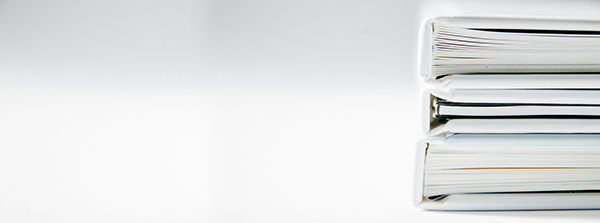NOVA Scientific Journal of Social Education website:
Special Issue working title:
Korczak’s legacy, humanity, and education for peace
The special issue will mark the 20th anniversary of the UNESCO Janusz Korczak Chair est. at Maria
Grzegorzewska University in 2004.
Let us not repeat the sad history of our nations. Let us learn from the past. Let us return peace and
prosperity in our regions. Educators, social activists, and Korczakians have the tools and experience
to advocate for the world’s peace and prosperity and to show evidence-based case studies to the
stakeholders to create true change in our communities.
We ask for articles based on Korczak’s philosophy and contributions related to pedagogical praxis in
education for peace. We aim to seek peace and how pedagogy may evoke the humanity, empathy
and compassion, required to build strong, inclusive communities, and to foster the agents of a better
world. Comments on the current geopolitical situation are welcomed but please try to be respectful
and provide a balanced view.
Please note that the Journal is not able to process any submissions from the Russian Federation as
currently, all academic exchanges in Poland are frozen and not permissible while the war in Ukraine
continues. Submissions from scholars affiliated with Russian institutions will not be considered for
publication. Although it stands in opposition to our inclusion policy it is a necessary act of solidarity
with the victims of the war.
Full texts should be send to acoates@aps.edu.pl by 30th August 2024.
Editorial requirements:
font: Times New Roman, font size 12, line spacing 1,5
footnotes: Oxford-style, Times New Roman, font size 10, line spacing 1,0
alignment: justify (block)
pages numbered with Arabic numbers on bottom right corner
bibliography that includes all used resources
volume: up to 40,000 characters
Articles are to be provided with an abstract (700-1200 characters) as well as list of key words (3-5
words).
Please provide the ORCID number and the author’s affiliation data.
Moreover, continuous numbering system of the footnotes should be used throughout the text.
Works cited in footnotes should follow ensuing pattern:
books:
e.g. G. Hofstede, G.J. Hofstede, M. Minkov, Cultures and Organizations. Software of the Mind, New
York 1997.
articles published in journals:
e.g. A. Ivakhiv, Green Film Criticism and its Futures, “Interdisciplinary Studies in Literature and
Environment” 2008, 15 (2).
texts in periodicals of the nature of collective publications:
identical as the article in the journal
texts contained in collective works:
e.g. B. Mandal, Beyond the Dichotomy of Humans and Animals: Situating Ecology in Coetzee’s
Writings, [in:] S. Kochar, M.A. Khan (eds.), Environmental Postcolonialism: A Literary Response, New
York 2021.
Internet sources:
e.g. Ch. James, Music Makes Our Lives Magical and Meaningful, htps://musicmagic.wordpress.com
[accessed: 19.3.2021].
In the situations where sources are repeated in footnotes, Latin abbreviations should be used, e.g.:
ibidem, op. cit., eadem, etc.
 PL
PL


